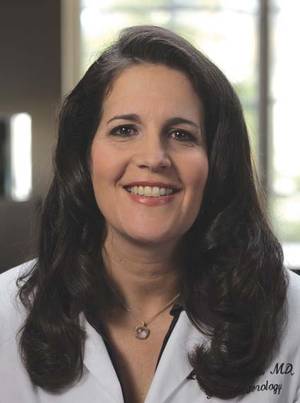Obscure gastrointestinal hemorrhage (OGIB) is defined as the presence of overt or obscure gastrointestinal bleeding after standard upper and lower endoscopic examinations fail to detect a significant bleeding source. While only 5% of patients with OGIB ultimately are found to have a small bowel source, resources required in their management can be substantial. Videocapsule endoscopy (VCE) has been recommended as the third diagnostic test in patients with OGIB. The diagnostic yield has been enhanced by administration of a bowel preparation when the examination is performed within 2 weeks of a bleeding episode.
The published diagnostic yield of VCE examinations for OGIB is approximately 40-50%. A prior study that included 707 VCE studies demonstrated that male inpatients had higher rates of VCE findings both inside and outside of the small bowel (Gastrointest. Endosc. 2011;74:1061-6). Two studies published in CGH have now further analyzed whether there are specific risk factors associated with positive VCE findings. The first article from Canada included 698 VCE studies (diagnostic yield 42%, 7% inpatients) and found that factors associated with positive findings included number of upper endoscopic examinations, high transfusional requirements, diabetes, and presence of connective tissue disorders. Ulcerations, vascular lesions, and AVMs were the most common findings, and 20% had lesions outside the small bowel. The second study that examined 911 patients in France (diagnostic rate 56%, 15% inpatients) found that risk factors associated with positive VCE findings included age over 60, male gender, history of overt bleeding, and current hospitalization. Similar to other series, small bowel AVMs were the most common finding and 15% had significant findings outside the small bowel. These studies, in addition to the prior literature, raise important concerns about performance of VCE if maximizing diagnostic yield is the ultimate goal. Factors associated with higher yields based on the literature include inpatient status, higher transfusional requirements, presence of comorbid conditions, male gender, and advanced age. Whether VCE should continue to be performed in populations at lower risk for small bowel pathology deserves ongoing evaluation.
Lauren B. Gerson, M.D., is an associate professor of medicine and gastroenterology at Stanford University, Redwood City, Calif. She reported receiving grant support from Capsovision Inc.


